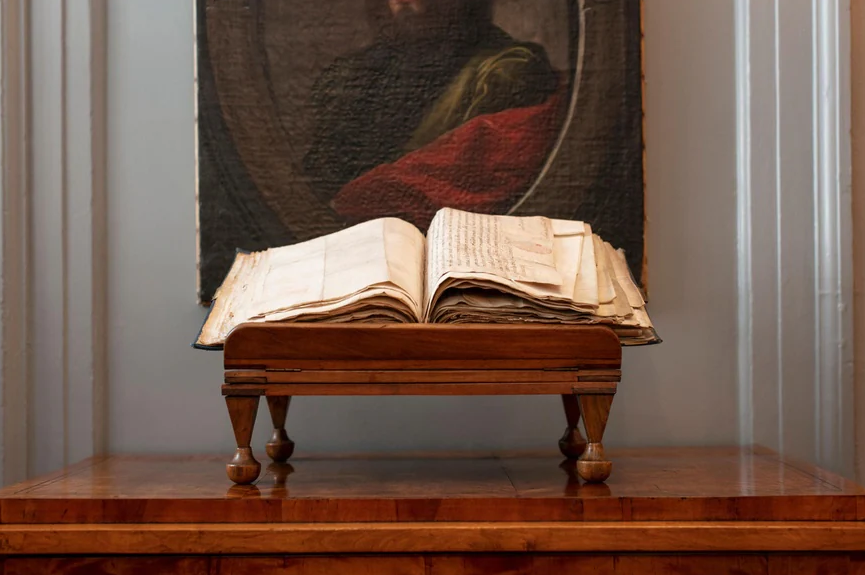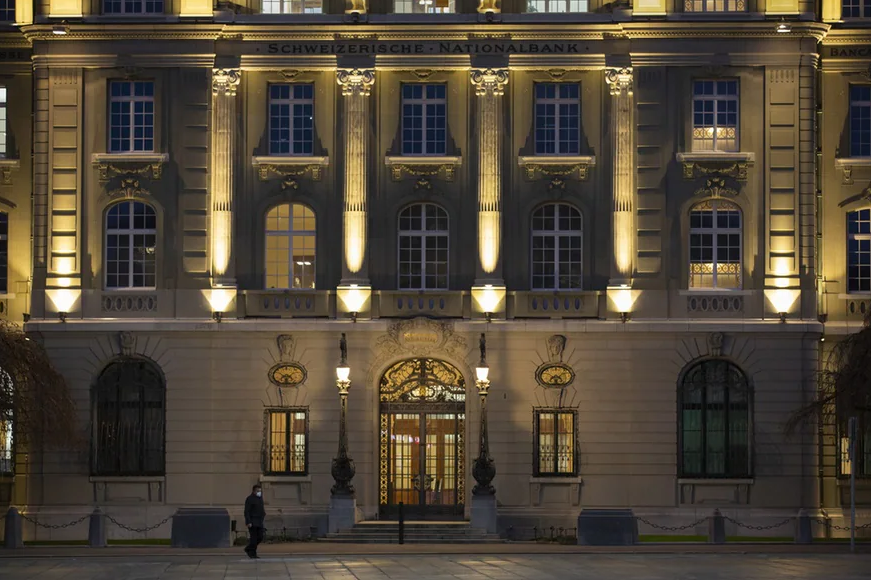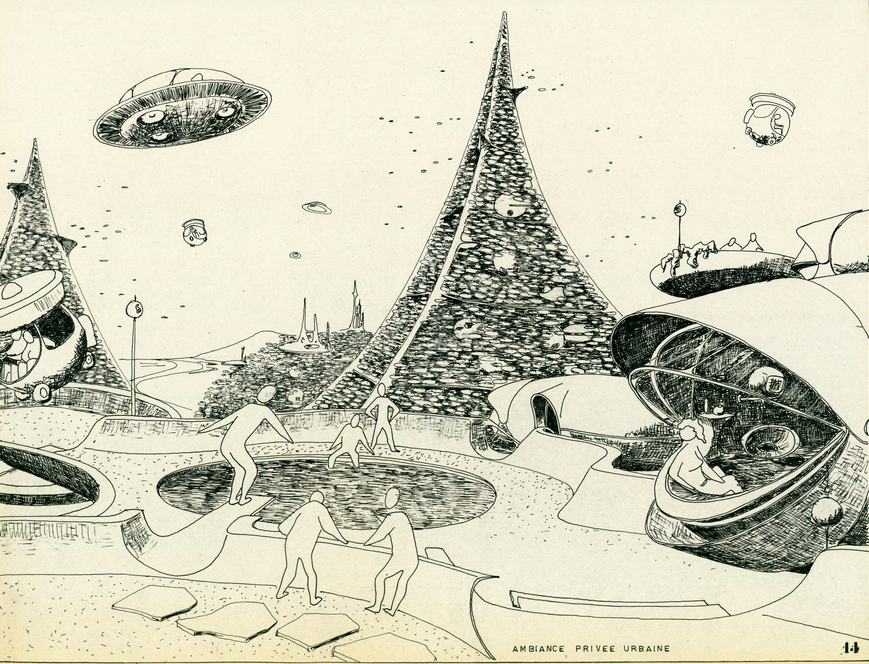Thomas Kern/swissinfo.ch Despite the demise of many antiquarian bookshops in Switzerland, the trade is alive and well in the Alpine country. Dealers in Geneva, Basel and Zurich give a glimpse into this exclusive business, where a gentleman’s code still rules. Thomas Kern was born in Switzerland in 1965. Trained as a photographer in Zürich, he started working as a photojournalist in 1989. He was a founder of the Swiss photographers agency Lookat Photos in 1990. Thomas Kern has won twice a World Press Award and has been awarded several Swiss national scholarships. His work has been widely exhibited and it is represented in various collections. More from this author | Multimedia An attentive visitor walking the streets of central Zurich 20 years ago would have
Topics:
Swissinfo considers the following as important: 3.) Swissinfo Business and Economy, 3) Swiss Markets and News, Culture, Featured, newsletter
This could be interesting, too:
Nachrichten Ticker - www.finanzen.ch writes Die Performance der Kryptowährungen in KW 9: Das hat sich bei Bitcoin, Ether & Co. getan
Nachrichten Ticker - www.finanzen.ch writes Wer verbirgt sich hinter der Ethereum-Technologie?
Martin Hartmann writes Eine Analyse nach den Lehren von Milton Friedman
Marc Chandler writes March 2025 Monthly
Despite the demise of many antiquarian bookshops in Switzerland, the trade is alive and well in the Alpine country. Dealers in Geneva, Basel and Zurich give a glimpse into this exclusive business, where a gentleman’s code still rules.
An attentive visitor walking the streets of central Zurich 20 years ago would have noticed a profusion of book antiquarians, especially in the old town. At the turn of the 21st century, there were 36 rare antique book shops in the city, according to Marcus Benz, former president of the Swiss Association of Book Antiquarians and Stamp Commerce.
“There are no more than six active dealers now,” he says.
In Geneva it’s the same story. Illibrairie on the Grand Rue, a popular commercial street that hosted up to six rare book shops not so long ago, is the sole survivor. Similar to the fate of many ordinary bookshops, the former shops have been transformed into boutiques, mobile phone shops or office space: a sign of the shift in consumer habits but also of the rise in the price of rent in prime districts of Swiss cities.
Alexandre Illi, owner of Illibrairie, also points out that the end of Swiss banking secrecy has affected customers. “I noticed, after 2014, a drop in visits especially from those people who used to drop by here regularly twice a year when they came to Geneva to check their bank accounts”.
The internet has also its share of blame, as many traders went online, but the surviving book antiquarians use very little of the internet.
“It’s a face-to-face business,” says Timur Yüksel, owner of Erasmushaus in Basel, possibly the most exclusive rare books trader in Switzerland. This is not a place where passers-by browse the shelves – visits are by appointment only. Every year Yüksel prints a catalogue, sends it to his customers, and conducts his business in person.
Even for those who have their shops open to the street, like the Zurich dealers Gertrud and Marcus Benz of EOS bookshop, and Peter Bichsel, the time spent by the counter is just a fraction of the work. The acquisition of rare books consumes a good portion of the antiquarians’ time, and their sources are all the same: auctions, private collections (usually when the owner dies), and colleagues. Yüksel also has connections with lawyers of important families who contact him in case a deceased collector leaves a library to be evaluated.
A very small world
SWI swissinfo.ch met Marcus Benz and Peter Bichsel in a backroom crammed with books inside Benz’s EOS shop, located directly across from another upscale antiquarian, Biblion. Owners of the two main active antiquarian bookshops in Zurich’s old town, Benz and Bichsel are more like colleagues than competitors. All of the dealers mentioned one another as such in our interviews. The world of book antiquarians is very small: everyone knows one other, and most of the serious collectors have their preferred dealers.
“I send catalogues to most of the important collectors in the world, but not everybody’s a client of mine,” says Yüksel. “There are collectors who don’t buy from me. He buys from another colleague and I know exactly who [that person is]. So, if I have a book for that client, I send it to my colleague, and he sells it for me.”
No space left for specialists
Benz says that by the end of the last century there were three main segments in the business: the second-hand dealer, the specialised dealer (mostly in arts or natural sciences) and the bibliophile who can afford fine and rare books. Today, they are all generalists.
“You can’t make a living anymore only with second-hand or niches,” says Peter Bichsel, echoing all the others. Some topics still sell better than others – they mention philosophy and arts, for example – but the crunch of the market forced the dealers to make other decisive choices.
None of them relates any positive effect of the internet on sales, be it direct sales or via platforms such as AbeBooks (owned by Amazon), or in finding new customers. Online buyers go directly after a book they are interested in; they don’t browse titles and pieces in order to find something out of the blue, as can happen in a bricks-and-mortar shop.
Yüksel, for example, doesn’t advertise online and is focused on the higher-end market.
“Two days ago, I sold a book for CHF400 [$437],” he says. “It takes me the same amount of work to sell a CHF400 book that I need for a CHF400,000 book. So why bother putting a low-cost book on the internet? If I did that, I would be standing all the time in my packing room and making parcels for CHF400. I can’t earn any money with them.”
Yüksel’s Erasmushaus reaches its financial break-even point with approximately 50 books per year, and much of his stock includes pieces with a six-figure value. Most other book antiquarians have more modest wares – an exceptional sale runs between CHF40,000 and CHF100,000.
The collectors
Institutions such as university libraries were significant buyers, especially from the United States. But that’s no longer the case, with the exception of the richest schools, such as Princeton, Yale, or Harvard. Librarians used to come to Europe once a year on a shopping spree, but the digitalisation of libraries has absorbed a big chunk of budgets that have historically shrunk. Besides, says Yüksel, there has been a change of topics. Much of the literature sought by librarians relates to more recent issues, such as hip-hop culture and LGBTQ works.
The typical private customer, though, is a middle-aged white man. Women, according to the subjective impression of the dealers, are readers rather than collectors. They are not impressed by the possession of a book as an object.
“There is no scientific evidence for this,” Bichsel says. “But I notice that women make up most of the younger customer base nowadays.”
Geographically, the Swiss represent a small fraction of customers. Americans and Germans, in particular, are the ones who keep the business in Switzerland afloat. Asian buyers in general, and Chinese in particular, are not yet as conspicuous as they are in the art market. Alexandre Illi says he sells to collectors all over the world, and Japanese buyers are his main customers in Asia. But the biggest part of his clientele comes from France and Belgium. All dealers are unanimous in pointing to Paris first, and London second, as the main international hubs for business.
Fine book fairs occur every year in Paris, New York, London, Tokyo and many other cities, mostly in the Western hemisphere, and they are always an opportunity and a risk. One has to have an objective idea of the kind of people who attend them and choose books to bring accordingly. The Swiss antiquarians attend many fairs but are not especially enthusiastic about them. Zurich hosts its own antiquarian fair every year in November, but both Bichsel and Benz remark that its main purpose is to serve as a social gathering for aficionados rather than as a sales event.
Passion versus business
Book antiquarians navigate a small market ruled by an understated gentleman’s code, but the passion for books has to be well balanced with a commercial instinct. Otherwise no book antiquarian lasts long in the trade.
Alexandre Illi’s commercial flair is highly commended by his peers – he is the only Swiss antiquarian with whom Timur Yüksel does business occasionally – but he puts his passion for books above everything else.
“I started to work with my father [the founder of the house] in 1989 and never did anything else for a living. It is my passion because you have to be passionate, otherwise it doesn’t work,” he says.
Yüksel, seemingly the most dispassionate dealer, is emphatic when he says that there is no book he would never sell. “But of course, if it’s something I am very fond of, I just put a horrible price on it.”
Tags: Culture,Featured,newsletter










